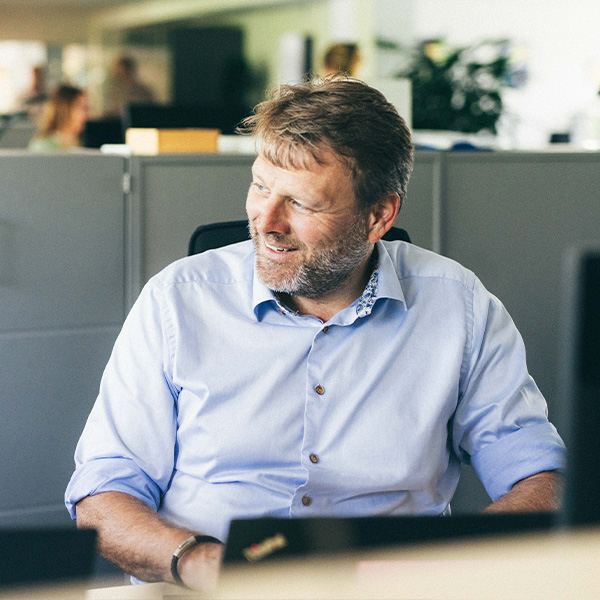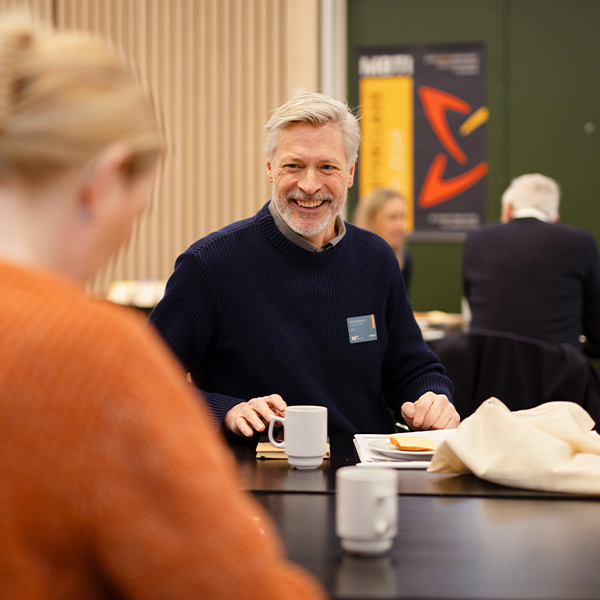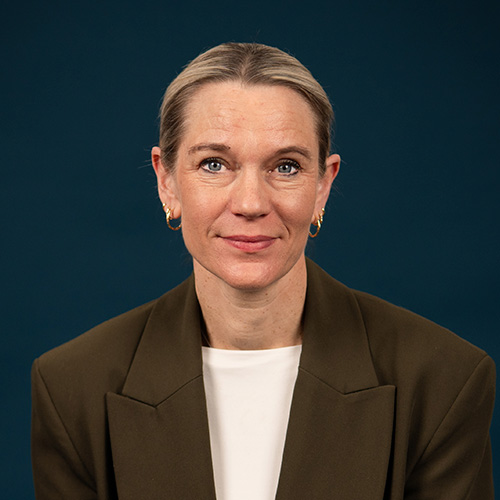Collaboration Challenges and Conflict Resolution
Strengthen your core tasks and problem-solving capacity
Conflicts and collaboration challenges in the workplace have a significant negative impact – not only on your organisation’s core tasks and quality of work, but also on employee wellbeing. When conflicts arise or are allowed to develop, we often see an increase in the error rate, reduced efficiency, and higher employee turnover. In addition, the psychosocial working environment is at risk, as uncertainty and unrest often lead to reduced wellbeing, difficulties with concentration, and poorer engagement in the team. As a leader, it is crucial to address and actively prevent conflicts to ensure optimal task performance and workplace wellbeing.
Conflicts harm productivity and the psychological working environment
Successful organisations are built on collaboration. Disagreement is natural and can be a strength when it allows us to share differing perspectives, but when constructive disagreement turns into conflicts and collaboration challenges, it negatively affects both problem-solving and the psychological working environment.
Conflict and poor collaboration are among the most detrimental factors for mental health at work. As human beings, we instinctively respond to relational unrest, and this can lead to such high levels of discomfort that it becomes difficult to concentrate, increases insecurity and mistakes, and causes us to withdraw from the team.
How we can support your organisation with conflict resolution and collaboration development
Leadership sparring focused on collaboration and managing team challenges
Training and themed workshops on effective collaboration
Group programmes designed to improve team culture and collegial support
Investigations into underlying issues through individual interviews and occupational psychological analysis
Mediation between employees
Recommendations for targeted interventions and solutions

Why do conflicts and challenges arise?
Conflicts most often occur when there is no clear definition of how core tasks should be solved, or when expectations around collaboration and professional behaviour are uncertain. Differing professional or personal opinions on what is “the right thing to do” can easily develop into disagreements, especially when the framework for work is unclear. Without ongoing coordination, clear frameworks, and alignment between management and employees, minor differences can quickly escalate.
Get external support for mediation when conflicts arise
At Human House, we bring extensive experience acting as mediators to help resolve conflicts between two or more employees, between departments, or between leaders and their teams. Once conflicts have escalated, they can be difficult to resolve internally. We help all parties set aside past disagreements and channel their energy positively going forward.
The root of a conflict often looks different depending on whom you ask. That is why we always thoroughly examine the issue and support all parties in seeing each other’s perspectives and behaviours in a new light.
We can also equip you as a leader with practical tools to manage disagreements within your team before they develop into intractable conflicts. Human House partners with both public and private organisations, developing tailored solutions to fit each unique context.
Prevent conflicts and collaboration issues with a healthy culture of teamwork and feedback
The best protection against conflicts and collaboration challenges is to foster a strong team culture centred on constructive dialogue and openness. As a leader, it is important to initiate conversations with your team about what good collaboration on shared tasks really means: How do we communicate and coordinate? How do we give and ask for useful, timely feedback to ensure effectiveness and quality? Collaboration is about creating shared ground rules and continuously following up.
Whenever a team changes composition, it is a good idea for leaders and employees to revisit expectations and set boundaries for the new constellation – even if there have been no previous conflicts.


Gain insight into others’ personality types and working styles to prevent conflict
The Myers-Briggs Type Indicator is the world’s most widely used personality tool, offering valuable insight into your own and others’ personalities.
